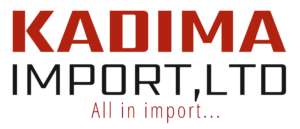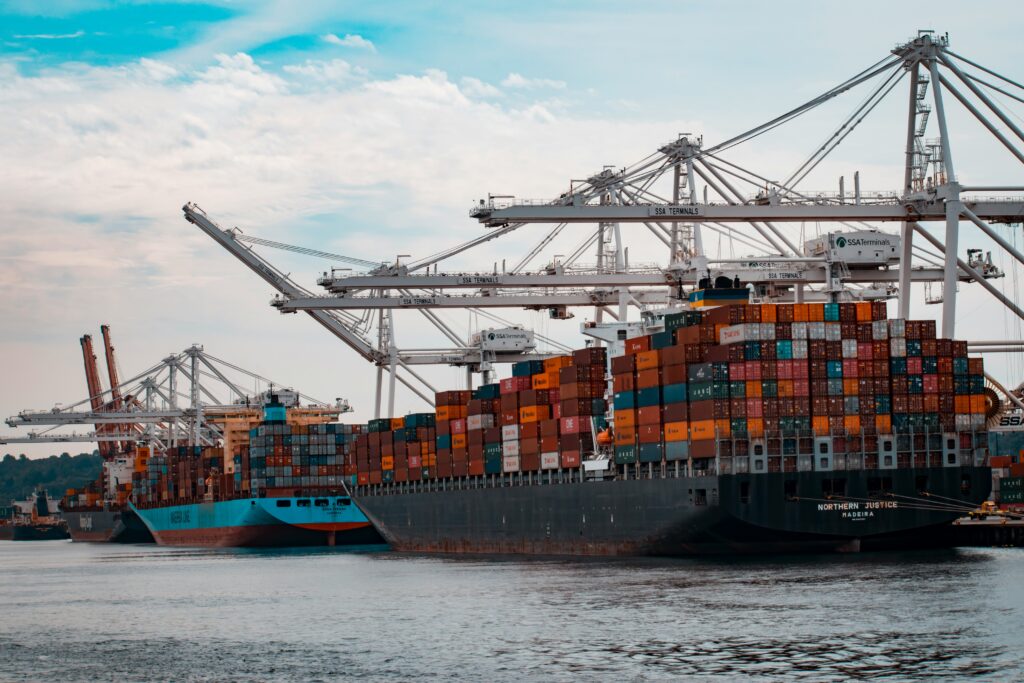Navigating Import Regulations for Small Businesses
Import regulations are a central factor in determining how small businesses operate in global markets. Each country applies its own documentation requirements to incoming goods, ranging from invoices and bills of lading to specific certificates of origin. These variations can increase the complexity of operations for small importers who may not have the dedicated compliance teams that larger companies maintain. Even minor errors in documentation can result in delays, penalties, or shipment rejections, adding risk to supply chain management.
Tariff Structures and Business Margins
Tariffs remain one of the most direct ways import regulations affect small businesses. The correct classification of products through Harmonized System (HS) codes is essential to determine applicable duty rates. Free trade agreements can offer significant tariff reductions, but only if businesses meet strict compliance criteria. For small enterprises, fulfilling these requirements can be resource-intensive and may offset some of the cost benefits. High tariffs or misclassified goods can quickly erode profit margins, forcing adjustments in pricing strategies that may affect competitiveness.
Non-Tariff Measures and Compliance Demands
Beyond tariffs, non-tariff measures such as labeling standards, testing protocols, and licensing obligations can delay entry into foreign markets. These rules are intended to safeguard consumers and ensure product quality, but they often require specialized knowledge and additional certifications. Large corporations may spread these costs over high volumes, while small businesses must absorb them directly, creating financial strain and operational bottlenecks. Meeting these standards is not optional, and failing to do so can block access to key markets.
Resources to Support Small Importers
Specialized tools and guidance are available to help small businesses manage these challenges. Databases can assist in determining HS codes, understanding tariff rates, and identifying documentation needs. Information on leveraging free trade agreements and navigating complex regulatory environments can also support compliance efforts. For companies facing restrictive trade barriers, government agencies can intervene to negotiate solutions or provide alternative market entry strategies. Leveraging these resources allows small importers to remain competitive despite the obstacles posed by import regulations.
Fuente: trade

